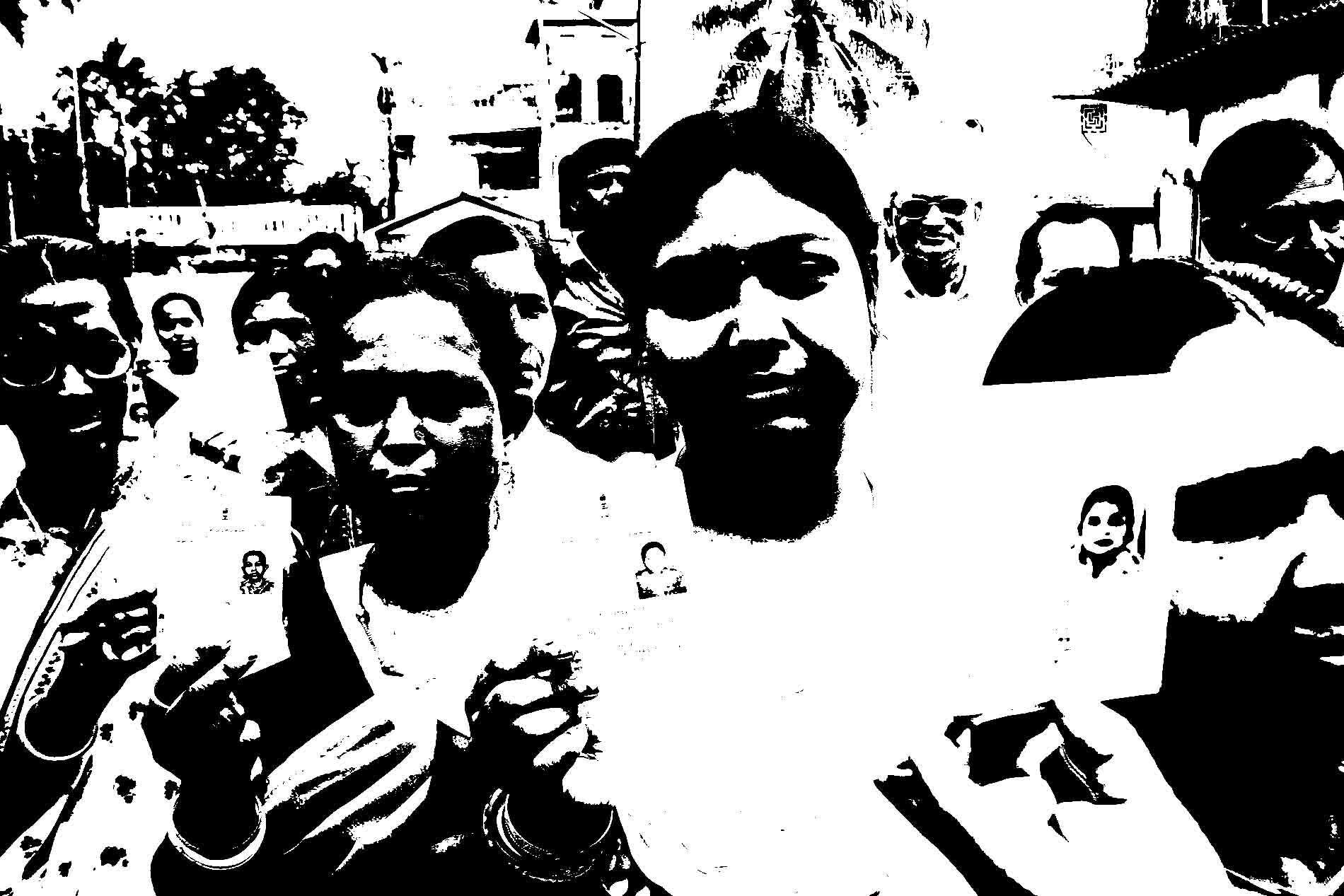In a Patriarchal society, Politicians cannot be gender sensitive!
Every successful politician has one thing in common – people have voted for them. In fact, by definition it is only when you have been voted for in large numbers that you succeed in electoral politics.
Then, it isn’t rocket science to infer why our Indian politicians are so patriarchal!


The recent AAP ad has stirred a huge discussion on how gender insensitive the party is. BJP is exactly the same and so is Congress and so will be any party or leader that wants to get votes. Come on, let’s be honest, Indian society has clear roles for women, no matter what we show on the outside (both literally & metaphorically). Today, Indian women can be educated, have the fanciest jobs, dress in “modern” clothes, BUT Indian society at large would still want them to play all the traditional roles of “good” sisters, wives & mothers.
From the traditional villages of India, to the super posh homes of south Delhi, women are responsible for the household, children and the elderly. From the ghoongat wearing, Hookah smoking women of rural India to the wine drinking, Dior wearing ‘ ladies ‘ of urban India, they are all bound by the explicit or implicit chains of patriarchy .
Now in the given scenario why would a politician say something against our beliefs? Why would they? Clearly we would not vote for anyone who says it is okay for women to not get married, or for them to have multiple sexual partners. Deepika Padukone’s #MyChoice video was just fine till she started talking about sexual freedom. That is when the “Indian culture” was threatened. When did the land of Kamasutra become so scared of sex? (Let’s blame the British for this, as this is a problem of the ‘modern’ society, back in the primitive days we were quite ok with sex).
Our latest election had many speeches which contained the mandatory paragraphs on ‘women empowerment’ (a trend noticed post 16th December 2012). But what we need now is action to translate those words into concrete interventions. Yes, infrastructure, starting with our ever failing legal system, needs an urgent makeover. Since violence against women in India has reached epidemic proportions, fast-track courts must live up to their name. We need to train our Police in modern gender- responsive and gender-sensitive policing methods. Our work spaces need to be more gender friendly, we could start with implementing ‘The Sexual Harassment of Women at Workplace (Prevention, Prohibition and Redressal) Act, 2013 for women AND men. Our educational institutions lack basic amenities like separate toilets! This is also one of the reasons for low enrollment of girls.
Most of all, the usage of social security schemes is a matter of concern. Every government, national or local, has this habit of announcing a scheme, but there is negligible follow up on these announcements! We need to ensure that the government, the MP, the MLA, the Panchayat takes up the responsibility of creating awareness about these schemes in addition to delivering on these scheme benefits to the eligible population in a timely manner.
Improving our infrastructure to ensure women empowerment is a deliverable which we can hold our elected representatives accountable for, using tools like the RTI and PIL’s. Expecting them to be gender sensitive is an unrealistic dream unless the ‘majority of voters’ are gender sensitive. Politicians are also a product of the society that remains entrenched in and actively propagates patriarchy. We should continue to highlight and criticize each and every form of gender based violence; after all we are the nation which showed the world the power of non-violence.
But we should also remember, society gets the politicians it deserves, so let’s work towards creating a gender sensitive society, our politicians will follow :).
Looking forward to reading your blogs, you can mail us your entries at WriteWithUs@csrindia.org, or upload them at Write With Us.
Donation for Centre for Social Research to Join our effort in rehabilitating Domestic Violence
Discuss this article on Facebook




